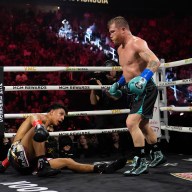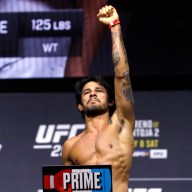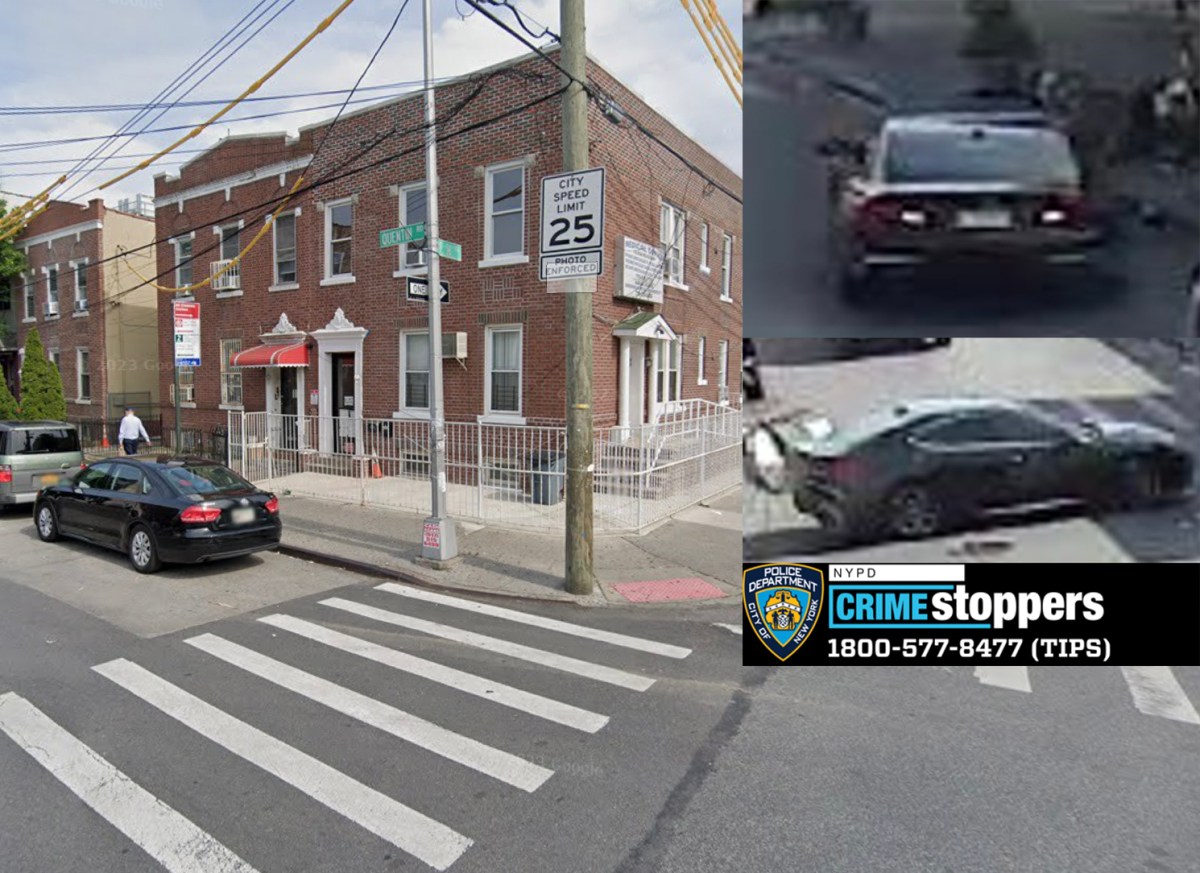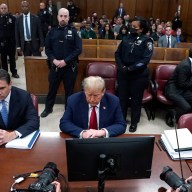 One of Philip Seymour Hoffman’s greatest roles was as music critic Lester Bangs in “Almost Famous.”
One of Philip Seymour Hoffman’s greatest roles was as music critic Lester Bangs in “Almost Famous.”
Credit: Provided
To the list of those who died while they still had so much more to give us, add Philip Seymour Hoffman. The Academy Award-winning actor of “Boogie Nights,” “Almost Famous,” “Capote” and “The Master,” among many others, was found dead in his apartment Sunday, Feb. 2, of a reported drug overdose. He was 46 years old. He is survived by his partner Mimi O’Donnell and his son Cooper and daughters Tallulah and Willa.
Hoffman, born in Waterloo, N.Y., in 1967, attended NYU’s Tisch School of the Arts, where he obtained a BFA in drama. Along with theater work, he eked out a living as a young character actor. He first attracted notice in “Scent of a Woman,” playing the prankish but spineless student who gets Chris O’Donnell’s character into trouble. Small roles in “The Getaway,” “When a Man Loves a Woman,” “Nobody’s Fool” and even “Twister” followed.
It was his work with writer/director Paul Thomas Anderson that elevated him into the realms of major consideration. Anderson first cast him in a memorable one-scene role in his feature debut, “Hard Eight” (aka “Sydney), in which he relentlessly mocked our anti-hero (Philip Baker Hall) from a craps table. Anderson then cast him in “Boogie Nights” as Scottie, the awkward boom mic operator nursing a crush on porn star Dirk Diggler (Mark Wahlberg). His work there — including a scene(pretty NSFW) where he verbally beat himself up after making a rejected move on Dirk — made him the kind of actor you want to see in everything.
Others felt the same. He was suddenly everywhere. In 1998 alone he was the epically ass-kissy personal assistant to cantankerous millionaire Jeffrey Lebowski in the Coen brothers’ “The Big Lebowski”; a lonely sex addict in Todd Solondz’s “Happiness”; even Robin Williams’ roommate in “Patch Adams.”
Hoffman won his Oscar — and many other awards besides — for “Capote,” in which he embodied the author Truman Capote as he investigated the events that would form his book “In Cold Blood.” Years later, in “The Hunger Games” sequels, he would appear with Toby Jones, who played Capote in “Infamous,” the other film about the exact same events. There remain two more “Hunger Games” sequels to come (in which he scored one of the better nutty names from Suzanne Collins: Plutarch Heavensbee), plus John Slattery’s directorial debut, “God’s Pocket,” which just played at Sundance.
But Hoffman’s Academy Award trophy could have gone to several of his performances. Among those would be his turn in “Almost Famous,” in which he nailed the sour charisma of music critic Lester Bangs. “The only true currency in this bankrupt world is what we share with someone else when you’re uncool,” he told young Cameron Crowe stand-in Patrick Fugit.
In addition to his extensive film work, he was a prolific theater actor as well. He scored three Tony nominations, for “True West” in 2000, “Death of a Salesman” in 2012 and last year’s mounting of “Long Day’s Journey into Night.”
He could do swagger. He steals every one of his handful of scenes in “The Talented Mr. Ripley,” as Jude Law’s hedonistic, moneyed friend who looks upon Matt Damon’s murderer with first hatred then suspicion. He made an odd villain (of sorts) in Anderson’s “Punch-Drunk Love,” for which he also made this hilariousfake commercial(with what looks like a real tumble).He was a suitably smarmy baddie in “Mission: Impossible III,” and hilariously grouchy in “Charlie Wilson’s War” (featuring this astonishing, NSFW scene) and “Doubt.”
In “The Master,” his fifth film with Anderson (also including “Magnolia”), he was no less than a religious cult leader, modeled (somewhat) on L. Ron Hubbard. The performance netted him (it’s insane to note) only his fourth Oscar nomination, including ones for “Charlie Wilson’s War” and “Doubt.”
But Hoffman could also do introverted — scarily introverted. Apart from his nebbishy playwright in David Mamet’s “State and Main,” he played a withdrawn prep school English teacher with designs on one of his pupils (Anna Paquin) in Spike Lee’s “25th Hour.” “Owning Mahowny” found him as a genius gambling addict who disappears into a zone when he’s at the table. In “The Savages” he played a depressed son forced to bond with his sister (Laura Linney) as they took care of their newly senile father (Philip Bosco). He made his directorial debut with 2010’s “Jack Goes Boating,” an adaptation of Robert Glaudini’s play, in which he once again played the sadsack.
One of his best films — and one that nearly made Roger Ebert call the best film of the 2000s — was in “Synecdoche, New York,” Charlie Kaufman’s directorial debut. Hoffman plays a theater director who winds up spending the remainder of his life mounting an absurdly ambitious, ongoing play about every detail of his life, housed in a massive warehouse. It’s one of the great, chilling statements on mortality and the notion of wasting one’s life focusing on shortcomings and regrets. It’s a thought that’s with us as we consider a great actor’s passing and fret over how much to mourn and how much to celebrate.
Follow Matt Prigge on Twiter@mattprigge
















